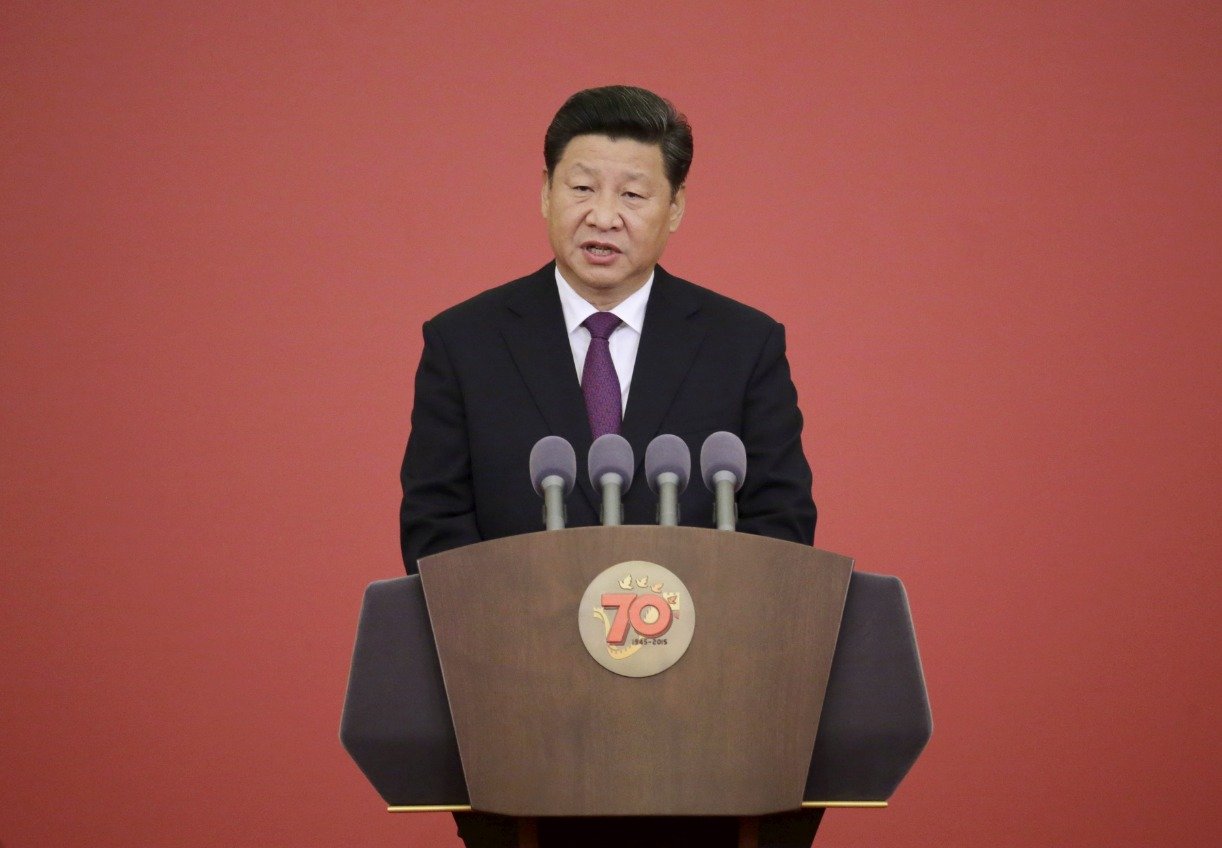IRGC Ready to Share Cyberwarfare Experiences with Syria – Politics news
In a meeting with Syrian Defense Minister Ali Mahmoud Abbas, held in Tehran on Tuesday, the IRGC commander underlined the importance of closer military and defense cooperation between Iran and Syria.
Voicing the IRGC’s readiness to assist the Syrian armed forces in various fields, Major General Salami highlighted the need to share experiences in the spheres relating to cyberwarfare, intelligence and information warfare, and electronic warfare.
While the IRGC remains committed to the previous military agreements with Syria, it is prepared to broaden training cooperation with the Syrian armed forces in various sectors, such as the command and staff courses, supreme courses of war strategies, supreme courses for branches, and other expert fields, Salami stated.
The IRGC chief further described the growing cases of insecurity and the recent developments in the territories occupied by the Zionists and in the West Bank, Jenin and Gaza as a sign of the decline of the Zionist regime, adding, “Those who sought to destroy Syria one day with a global onslaught are now on the road to decline and perdition.”
The Syrian defense minister, for his part, expressed gratitude to Iran for supporting his country in the fight against terrorism and Daesh (ISIL or ISIS).
Abbas also noted that the Syrian military forces are going to win the final victory and cleanse the entire Syria of occupiers with the resistance shown by its people and the unwavering support provided by Iran and Hezbollah.
He also emphasized that it is necessary to promote cooperation between Syria and Iran in various military and training sectors in order to stand against and defeat the enemies.
On Monday, Chief of Staff of the Iranian Armed Forces Major General Mohammad Hossein Baqeri called for plans to hold a joint war game with Syria, which he hailed for being at the forefront of supporting Palestine against the Zionist regime.



